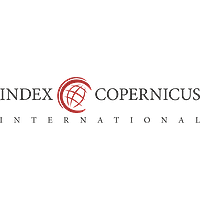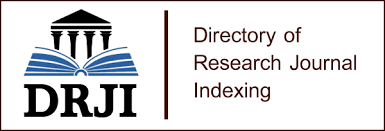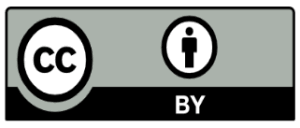A COMMUNITY EMPOWERMENT MODEL TO REDUCE CASES OF CHILD SEXUAL ABUSE IN ZIMBABWE
DOI:
https://doi.org/10.55327/jaash.v11i1.370Abstract
This research aims to develop a community empowerment model designed to mitigate instances of Child Sexual Abuse in Zimbabwe. There is substantial evidence indicating that child sexual abuse constitutes a significant global public health concern. Effective interventions must encompass strategies that prevent individuals from engaging in the sexual abuse of children or from accessing online materials depicting such abuse. To facilitate sustainable prevention, it is essential for program developers first to identify child sexual abuse perpetrators, understand the underlying causes and effects, assess existing legal responses across various societal levels, and categorize the different forms of child sexual abuse. Most contemporary international frameworks primarily focus on criminal justice measures intended to deter future offences rather than addressing the prevention of initial acts of abuse. Additionally, there is a notable scarcity of relevant research and few indications that countries are adopting cohesive, evidence-based policies aimed at preventing potential offenders from becoming actual perpetrators of child sexual abuse. Previous interventions have largely emphasized tertiary prevention. By adopting an integrated public health approach, a range of primary, secondary, and tertiary preventive measures can be incorporated into comprehensive prevention programs at local, national, or global levels. A holistic prevention strategy is essential, one that seeks to avert offenses from occurring in the first place while recognizing the complexity and diversity inherent in child sexual abuse perpetration.
Downloads
Published
How to Cite
Issue
Section
License
Copyright (c) 2025 David Nyamurera, JEFFREY KUREBWA, Chamunogwa Nyoni

This work is licensed under a Creative Commons Attribution 4.0 International License.
Copyrights for articles published in Journal of Asian and African Social Science and Humanities are retained by the authors, with first publication rights granted to the journal. The journal/publisher is not responsible for subsequent uses of the work. It is the author's responsibility to bring an infringement action if so desired by the author.
Articles published in Journal of Asian and African Social Science and Humanities are published under the Creative Commons Attribution (CC-BY) license, which permits others to distribute, remix, tweak, and build upon your work as long as they credit you for the original creation.
Â















